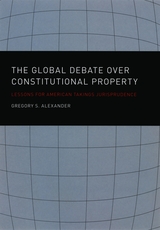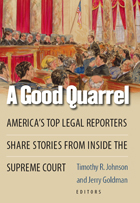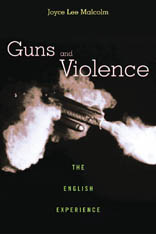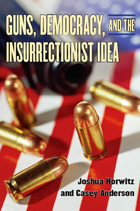4 start with G start with G

A society’s traditions and culture, Alexander argues, have a much greater effect on property rights. Laws must aim, then, to change cultural ideas of property, rather than deem whether one has the right to own it. Ultimately, Alexander builds a strong case for improving American takings law by borrowing features from the laws of other countries—particularly those laws based on the idea that owning property not only confers rights, but also entails responsibilities to society as a whole.

While reading what top legal reporters say about some of the most important U.S. Supreme Court oral arguments in recent history, go to www.goodquarrel.com to listen to audio and hear for yourself the very style and delivery of the oral arguments that have shaped the history of our nation's highest law. See Preface for full instructions.
Contributors
- Charles Bierbauer, CNN
- Lyle Denniston, scotusblog.com
- Fred Graham, Court TV
- Brent Kendall, Los Angeles Daily Journal
- Steve Lash, Houston Chronicle
- Dahlia Lithwick, Slate.com
- Tony Mauro, American Lawyer Media
- Tim O'Brien, ABC News
- David Savage, Los Angeles Times
- Greg Stohr, Bloomberg News
- Nina Totenberg, NPR
Timothy R. Johnson teaches in the Department of Political Science and the Law School at the University of Minnesota.
Jerry Goldman teaches political science at Northwestern University and directs the OYEZ Project, a multimedia archive devoted to the Supreme Court, at www.oyez.org.
Cover sketch by Dana Verkouteren
"Supreme Court oral arguments are good government in action. A Good Quarrel brilliantly showcases this important aspect of the Court's work."
---Paul Clement, Partner, King & Spalding, and former United States Solicitor General
"Few legal experiences are as exhilarating as a Supreme Court oral argument---a unique art form that this superb collection brings vividly to life."
---Kathleen Sullivan, Partner, Quinn Emanuel Urquhart Oliver and Hedges, and former Dean, Stanford Law School
"[A Good Quarrel] shines a brilliant spotlight on the pivotal moment of advocacy when the Supreme Court confronts the nation's most profound legal questions."
---Thomas C. Goldstein, Partner, Akin Gump, and Lecturer, Supreme Court Litigation, Harvard Law School and Stanford Law School
"A brilliant way to understand America's most important mysterious institution."
---Lawrence Lessig, Stanford Law School

Behind the passionate debate over gun control and armed crime lurk assumptions about the link between guns and violence. Indeed, the belief that more guns in private hands means higher rates of armed crime underlies most modern gun control legislation. But are these assumptions valid?
Investigating the complex and controversial issue of the real relationship between guns and violence, Joyce Lee Malcolm presents an incisive, thoroughly researched historical study of England, whose strict gun laws and low rates of violent crime are often cited as proof that gun control works. To place the private ownership of guns in context, Malcolm offers a wide-ranging examination of English society from the Middle Ages to the late twentieth century, analyzing changing attitudes toward crime and punishment, the impact of war, economic shifts, and contrasting legal codes on violence. She looks at the level of armed crime in England before its modern restrictive gun legislation, the limitations that gun laws have imposed, and whether those measures have succeeded in reducing the rate of armed crime.
Malcolm also offers a revealing comparison of the experience in England experience with that in the modern United States. Today Americans own some 200 million guns and have seen eight consecutive years of declining violence, while the English--prohibited from carrying weapons and limited in their right to self-defense have suffered a dramatic increase in rates of violent crime.
This timely and thought-provoking book takes a crucial step in illuminating the actual relationship between guns and violence in modern society.

---Saul Cornell, Ohio State University
READERS
Browse our collection.
PUBLISHERS
See BiblioVault's publisher services.
STUDENT SERVICES
Files for college accessibility offices.
UChicago Accessibility Resources
home | accessibility | search | about | contact us
BiblioVault ® 2001 - 2024
The University of Chicago Press









